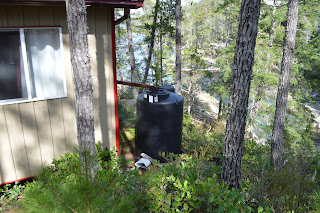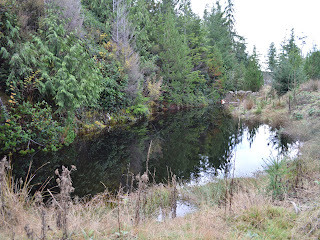When you live in a city or town, domestic water is generally not thought about much, unless water restrictions are enacted. However, for those who live outside the boundaries of cities and towns, domestic water is an important issue when setting up a property. Where will the water come from? How will it be used? How much will be needed? All of these questions should be answered when considering a remote or rural property. If the property already has a home in place, prospective buyers should be asking the same questions about any water system in place.
The Water Act of BC defines what licencing is required and what that licence entitles one to. A licence will define where the water may be taken from, how much water will be taken and what the water will be used for.
If the property has an existing well, it may be possible to look up information. The province does track wells installed by well drillers, however this database was voluntary before 2016. This is something we regularly look up for our remote and recreational listings.
Rain water
collection is commonly done through pipes/gutters that drain into a holding tank (sometimes called a cistern) which can be either above or below
ground. The holding tank then has pipes that direct the water to where it is needed, either by gravity-feed or through a pump system.
Knowing where
the water is coming from, or what the options are to get water, makes for good
peace of mind when considering an unconventional property.
It's a Coastal Lifestyle ... Live It!





